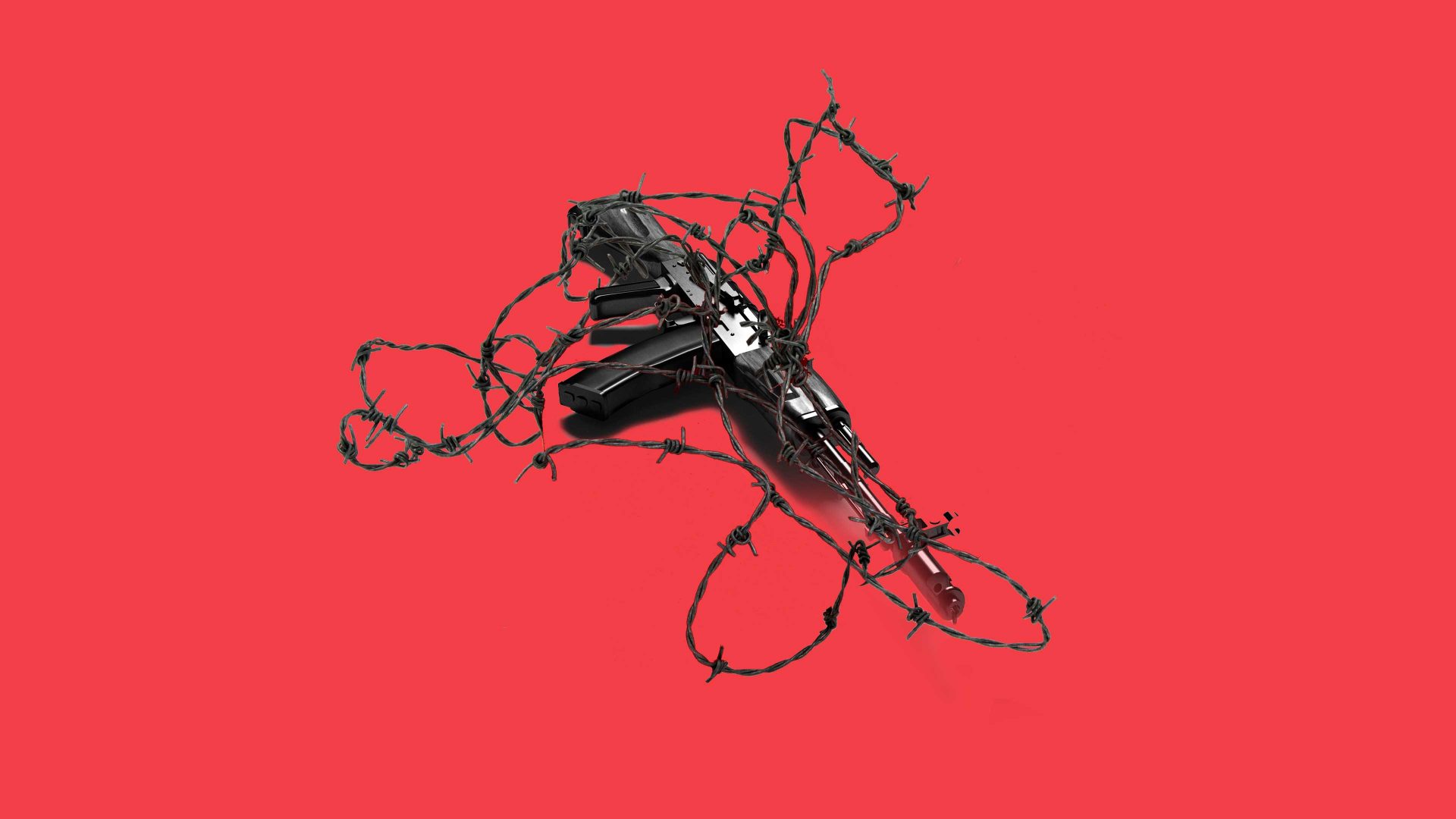The atrocities committed by Hamas are, as Benjamin Netanyahu told Joe Biden, the worst attacks on Jews since the Holocaust cast its chilling shadow over Europe.
With spectacular insensitivity, some social media pundits on the left have responded with crass, patronising, and in some cases antisemitic-adjacent comments about the need to avoid double standards in dealing with Israel given its history of violence against Palestinians.
No impartial observer would defend Israel’s record on human rights in Gaza and the West Bank. Netanyahu’s decision to lay siege will result in many avoidable civilian deaths. No one who reads newspapers needs reminding of this.
But the level and scale of barbarity of the Hamas attacks is something new, and those who take it on themselves to spout quasi-justifications risk sounding like Donald Trump responding to the Charlottesville attacks by saying there are “very fine people on both sides”.
So what now? The terrible plight of those whose loved ones are being held hostage needs to be matched by realism about what is possible. Some moral philosophers, with their neat puzzles about trade-offs of lives, make decision-making under conditions of uncertainty sound far simpler than it is.
Imagine a runaway train hurtling towards six people strapped to the tracks, should you divert it so that it only kills one person? Most people think so when this is an abstract matter, but balk at the idea of pushing one large person off a bridge to stop the train. How interesting. But here is a real agonising dilemma – should Israelis attack Gaza knowing that Palestinian children will die and that Hamas will execute hostages one by one if they do so?
If you’re a hard-line utilitarian you might try to justify this as sacrificing relatively few lives to save many future victims. But war is not a tidy thought experiment. The long-term consequences of actions are not predictable.
Killing one Hamas fighter might inspire 10 more to take up arms against Israel. An attack could fail, and the Israeli soldiers could all be killed along with the hostages.
But inaction is also a choice, and one with consequences. It might embolden Hamas and give them time to regroup and renew their attacks, perhaps with increased barbarism.
So, is the solution peace talks? Yet how can you trust an enemy who has so gleefully murdered civilians? The idea of meeting barbaric force with barbaric force does not seem a sensible one. Lex talionis, an eye for an eye, is a recipe for escalation and brings the retaliator down to the level of the attacker.
Many philosophers assume there is a right answer in situations like this, even if it is hard to work out what it is. In retrospect, perhaps, it becomes more obvious – in some cases. But I’m sceptical that there is always a right answer to the question “What should we do?”
There are, nevertheless, usually many wrong answers. Some circumstances that we find ourselves in leave no morally right solution, and not even an obvious “least worst” one. This is a tragic aspect of life. We are like the title character in Sophie’s Choice, forced to decide between different unacceptable choices (save her son or her daughter, but not both. If she won’t choose, both will die).
For those who want a peaceful and just end to this war, it is far from obvious how that could be obtained. If you want an end to killing, some stay, stop killing altogether. But there are circumstances in which laying down arms will lead to your own destruction. A wrong answer is to ignore the humanity of those who are attacking you, but is there any right one?
In Existentialism and Humanism, Jean-Paul Sartre described a young student who came to him with a real moral dilemma. Should he stay and look after his mother in Nazi-occupied Paris, or should he try to join the Free French to fight for his country?
The student asked Sartre for advice. There were strong arguments on both sides. But the only advice Sartre gave him was to choose for himself. There was no right answer, except to act as if the whole world were watching him, as if he were a moral exemplar for humanity.
The lack of guidelines about how we should live is just part of the anguish of existence, but that doesn’t remove responsibility for what we choose. Barbarity is not the answer, but that doesn’t mean anyone knows what the right response is, or if there even is one.



